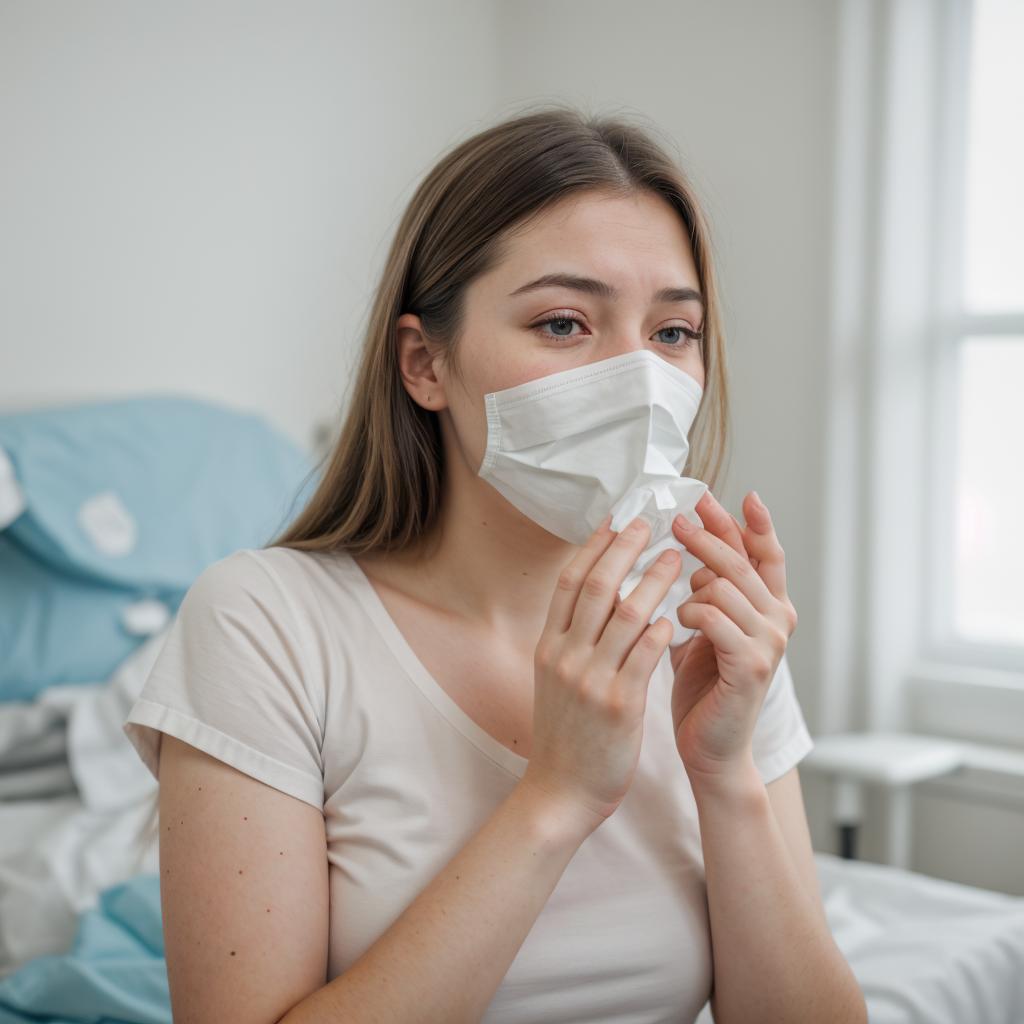

Understanding allergies in children
Allergies are a common concern for children worldwide, affecting millions of kids each year.
Allergic reactions occur when the immune system overreacts to typically harmless substances, such as pollen, dust, pet dander, or certain foods. Symptoms can range from mild to severe and may include sneezing, runny nose, itchy eyes, rashes, swelling, and difficulty breathing. Managing allergies in children requires a multifaceted approach, including identifying triggers, minimizing exposure, and utilizing appropriate medications.
Challenges in medicating allergy kids
One of the challenges parents face is finding suitable allergy medications for their children. Many over-the-counter allergy medications are formulated for adults and may not be suitable for children or may require dosage adjustments. Additionally, parents must consider factors such as potential side effects and the child’s age and weight when selecting medications. Finding the right balance between effectiveness and safety is crucial in managing allergies in children.
Types of allergy medications for kids
Fortunately, there are several types of allergy medications available for children, including:
Antihistamines:
Antihistamines are commonly used to relieve allergy symptoms such as sneezing, itching, and runny nose. These medications work by blocking the effects of histamine, a chemical released by the immune system during an allergic reaction. Some antihistamines are available over-the-counter, while others may require a prescription. It’s essential to choose a child-friendly formulation and follow the recommended dosage guidelines.
Nasal sprays:
Nasal sprays containing corticosteroids or antihistamines can help relieve nasal congestion and inflammation caused by allergies. These medications are typically safe for children when used as directed, but parents should consult with a healthcare professional before starting any new medication regimen.
Eye drops:
For children experiencing itchy, watery eyes due to allergies, over-the-counter or prescription eye drops may provide relief. It’s essential to choose eye drops specifically formulated for children and to follow the instructions carefully to avoid adverse effects.
Allergy shots:
In some cases, allergists may recommend allergy shots (immunotherapy) for children with severe allergies that do not respond well to other treatments. These shots contain small amounts of allergens and can help desensitize the immune system over time, reducing the frequency and severity of allergic reactions. Allergy shots are typically administered under the supervision of a healthcare professional in a controlled setting.
Important considerations
When medicating allergy kids, parents should keep the following considerations in mind:
Consultation with healthcare professionals:
Before starting any new allergy medication regimen for a child, it’s essential to consult with a pediatrician or allergist. These healthcare professionals can assess the child’s symptoms, medical history, and any potential risk factors to recommend the most appropriate treatment plan.
Dosage and administration:
Follow the dosage instructions provided by the healthcare professional or on the medication packaging carefully. Use measuring devices, such as oral syringes or cups, to ensure accurate dosing, especially for liquid medications. Never exceed the recommended dose without consulting a healthcare professional.
Monitoring for side effects:
Be vigilant for any potential side effects or adverse reactions to the medication, such as drowsiness, dizziness, nausea, or allergic reactions. If a child experiences severe or concerning side effects, seek medical attention immediately.
Environmental controls:
In addition to medication, implementing environmental controls can help reduce exposure to allergens and alleviate symptoms. This may include using allergen-proof mattress and pillow covers, regularly vacuuming and dusting the home, minimizing outdoor activities during peak pollen seasons, and avoiding known triggers whenever possible.
Managing allergies in children requires a comprehensive approach that may include medication, environmental controls, and regular monitoring. By working closely with healthcare professionals and following appropriate treatment guidelines, parents can help their allergy kids find relief and lead healthier, happier lives. Remember to prioritize safety, efficacy, and the well-being of the child when selecting and administering allergy medications.



